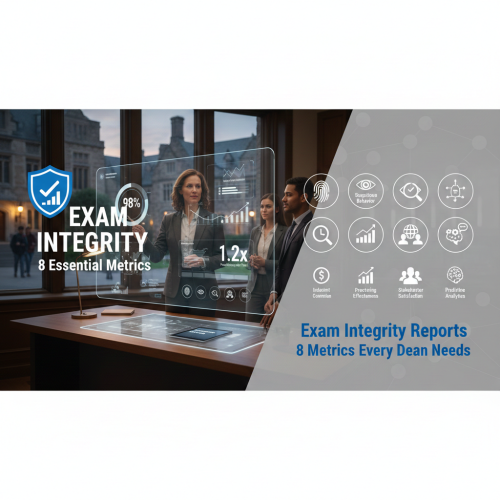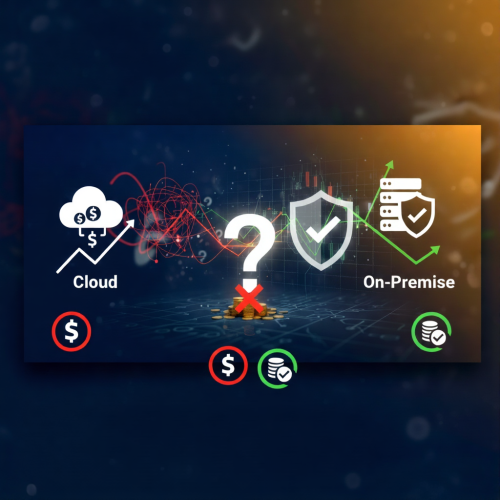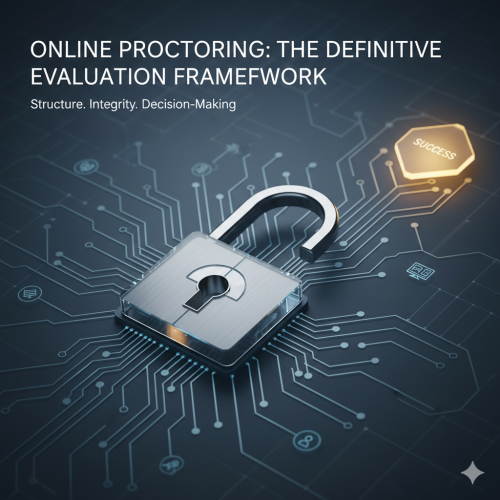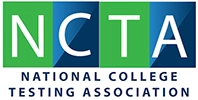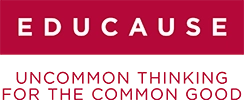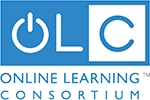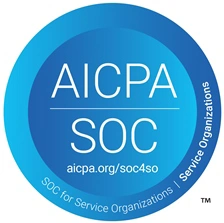The Scope of the Problem
Recent studies indicate that academic dishonesty continues to be widespread, with over 70% of college students admitting to some form of cheating during their academic careers (International Center for Academic Integrity, 2022). The digital transformation of education has only complicated this landscape, with new technologies presenting both challenges and opportunities for maintaining test integrity.
Common Justifications for Academic Dishonesty
- The Gray Area Argument: "I didn't technically cheat"
Many students operate in what they perceive as ethical gray areas, exploiting ambiguities in test rules or assignment guidelines. According to a 2023 study by the International Journal of Academic Integrity, 65% of students who engage in questionable practices don't classify their behavior as "cheating" but rather as finding clever solutions.
Students often create sophisticated distinctions between:
- What constitutes official "cheating" (explicitly banned)
- What's merely "unethical" (frowned upon but not explicitly prohibited)
- What's "strategic test-taking" (finding loopholes)
These perceptions vary widely across different actions:
- 96% agree that copying answers during an exam is cheating
- Only 73% believe allowing others to copy their work constitutes cheating
- A mere 40% consider unauthorized collaboration on online exams to be cheating
How we address this at Proctor360: Our 360° Total View™ technology eliminates these gray areas by providing complete environmental monitoring, ensuring all potential avenues for misconduct are visible to proctors. Our flexible platform allows test administrators to configure appropriate security settings for each specific exam context.
- The Systemic Justification: "Everyone does it"
When cheating becomes normalized within an academic environment, students often justify their actions through collective behavior. According to recent research by the Center for Academic Integrity (2023), students are three times more likely to cheat if they perceive that their peers are doing so without consequences.
This perception is further reinforced when:
- Faculty seem indifferent to cheating incidents
- Reporting processes are cumbersome or ineffective
- Institutional consequences appear inconsistent or minimal
Our approach: Proctor360's multi-level security options provide irrefutable evidence of misconduct through comprehensive video, audio, and screen recording. Our system captures definitive proof that makes addressing academic dishonesty straightforward and objective, helping institutions reinforce accountability.
- The Relevance Rationalization: "This won't matter in my career"
Many students justify dishonesty by questioning the relevance of assessments to their future careers. Research published in the Journal of Higher Education Ethics (2022) found that 58% of students who admitted to cheating cited the disconnect between assessment methods and real-world applications as their primary justification.
Students often argue that:
- In the workplace, collaboration and resource use are encouraged
- Memorization isn't as valuable as knowing where to find information
- Assessments don't accurately reflect practical knowledge needs
How we help: Our flexible proctoring platform supports diverse assessment types, including authentic, practical evaluations that can better reflect workplace scenarios while still maintaining security. This flexibility allows educators to design more relevant assessments that reduce the "this doesn't matter" justification.
- The Pressure Defense: "I was too anxious/stressed"
High-stakes testing environments create immense pressure, with 67% of students reporting significant test anxiety (American Psychological Association, 2023). This pressure often leads to rationalized cheating as a stress-management strategy rather than a calculated attempt to gain unfair advantages.
Contributing factors include:
- Fear of academic failure and its consequences
- Parental and peer pressure to perform
- Financial concerns related to scholarships or program continuation
- Time management challenges and competing responsibilities
Our solution: Proctor360's non-intrusive monitoring creates a less stressful testing environment compared to traditional proctored settings. Our system allows for accommodations like extended time and provides a familiar testing environment that can help reduce test anxiety while maintaining security.
- The Technological Excuse: "I was just being resourceful"
With digital natives navigating a technology-rich world, many students view technological workarounds not as cheating but as demonstrating digital literacy. Recent surveys indicate that approximately 45% of students don't consider using online resources during unmonitored exams to be academically dishonest (Digital Learning Consortium, 2023).
This mindset manifests when students:
- Use unauthorized digital resources during exams
- Employ sophisticated methods to circumvent monitoring software
- Share answers through messaging apps or collaborative platforms
- Utilize AI tools or answer databases for assignments
How we counter this: Our Multi-cam Live and 360° Total View™ technologies provide comprehensive monitoring that detects unauthorized device usage and environmental resources. Our platform integrates advanced AI monitoring with live human proctoring to identify sophisticated technological circumvention attempts.
Practical Strategies for Promoting Academic Integrity
Clear Communication of Expectations
Research shows that explicit academic integrity discussions can reduce cheating incidents by up to 30% (Center for Academic Integrity, 2023). We recommend:
- Providing detailed explanations of what constitutes cheating in your specific course
- Using concrete examples and scenarios rather than abstract guidelines
- Discussing the rationale behind academic integrity policies
- Reinforcing integrity expectations before each assessment
Assessment Design
The structure of assessments significantly impacts cheating behavior:
- Consider authentic assessments that require application rather than recall
- Implement question randomization and diverse question banks
- Design open-book exams that test higher-order thinking skills
- Utilize a mix of assessment formats throughout the course
Institutional Support
Creating a culture of academic integrity requires institutional commitment:
- Streamline academic dishonesty reporting processes
- Ensure consistent enforcement of consequences
- Provide faculty development on integrity promotion
- Offer student support services to address underlying causes of dishonesty
Technology Solutions
Effective proctoring technology serves as both a deterrent and detection system:
- Proctor360's flexible proctoring options allow customization based on exam stakes
- Our 360° Total View™ headset provides complete environmental monitoring
- Multi-cam capabilities detect unauthorized resource use
- AI-assisted monitoring flags suspicious behavior patterns
The Proctor360 Advantage
At Proctor360, we understand that effective academic integrity protection requires a nuanced approach that addresses both the technical and psychological aspects of cheating. Our comprehensive proctoring platform offers:
- Flexible Security Options - From AI auto-proctoring to our exclusive 360° Total View™ technology
- Complete Environmental Visibility - Monitoring that eliminates blind spots and gray areas
- Customizable Settings - Configure each exam with appropriate security measures
- Objective Evidence Collection - Irrefutable documentation of potential misconduct
- Seamless Integration - Works with your existing LMS and assessment platforms

